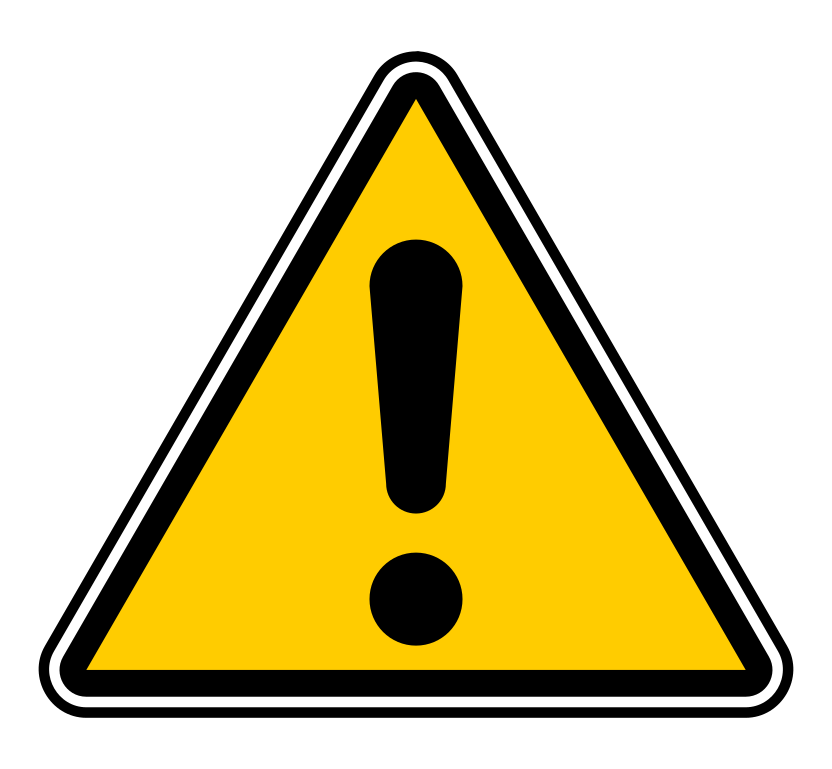JamieN_9335
New member
ICD 10/11 Code Spotlight: Focus on a different ICD-10/11 code each week, explaining its use, common mistakes, and clinical context.
Bipolar type 2 disorder ICD 10 (F31.81)/ICD-11 (F31).
F31.81/F31 is used for bipolar II disorder. It is characterized by recurrent depressive episodes and hypomanic episodes. Hypomanic episodes usually lasts for a period of 4 days, this is when the person's mood has been abnormally elevated or irritable. Some symptoms include inflated sense of self esteem, rapid, loud speech and excessive involvement in pleasurable activities, which can result in painful consequences.
A common mistakes for the bipolar II disorder code F31.81/F31 is that, it can be misdiagnosis as borderline personality disorder or major depression, because those two disorders can have similar symptoms to bipolar disorder. A second common mistake is that it can also be misdiagnosis as anxiety disorder, since they both can have similar symptoms, and many people with bipolar disorder tend to also have an anxiety disorder. Furthermore, a third common mistake is that bipolar disorder can be confused with schizophrenia, because bipolar disorder and schizophrenia can have overlapping symptoms.
According to the World Health Organization, an estimated 40 million people live with bipolar disorder worldwide. The exact cause of bipolar disorder is unknown. There can be several factors that may be partly responsible for the onset, progression, and outcome of the disease. It could be biological, psychological, social or structural factors. Many people with bipolar disorder are misdiagnosed or untreated and experience discrimination and stigma. There are a range of effective treatment options, which combine medicines (mood stabilizers & antipsychotics) and psychosocial interventions (peer support & social and life skill training) to help people live a meaningful and productive life.
Bipolar type 2 disorder ICD 10 (F31.81)/ICD-11 (F31).
F31.81/F31 is used for bipolar II disorder. It is characterized by recurrent depressive episodes and hypomanic episodes. Hypomanic episodes usually lasts for a period of 4 days, this is when the person's mood has been abnormally elevated or irritable. Some symptoms include inflated sense of self esteem, rapid, loud speech and excessive involvement in pleasurable activities, which can result in painful consequences.
A common mistakes for the bipolar II disorder code F31.81/F31 is that, it can be misdiagnosis as borderline personality disorder or major depression, because those two disorders can have similar symptoms to bipolar disorder. A second common mistake is that it can also be misdiagnosis as anxiety disorder, since they both can have similar symptoms, and many people with bipolar disorder tend to also have an anxiety disorder. Furthermore, a third common mistake is that bipolar disorder can be confused with schizophrenia, because bipolar disorder and schizophrenia can have overlapping symptoms.
According to the World Health Organization, an estimated 40 million people live with bipolar disorder worldwide. The exact cause of bipolar disorder is unknown. There can be several factors that may be partly responsible for the onset, progression, and outcome of the disease. It could be biological, psychological, social or structural factors. Many people with bipolar disorder are misdiagnosed or untreated and experience discrimination and stigma. There are a range of effective treatment options, which combine medicines (mood stabilizers & antipsychotics) and psychosocial interventions (peer support & social and life skill training) to help people live a meaningful and productive life.


